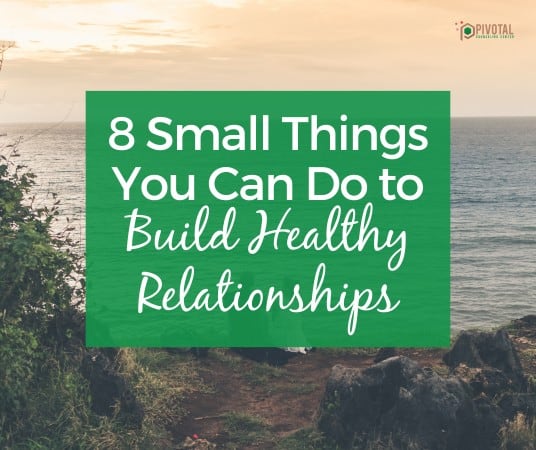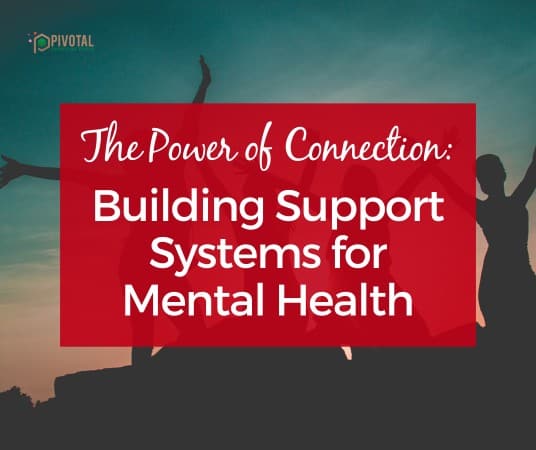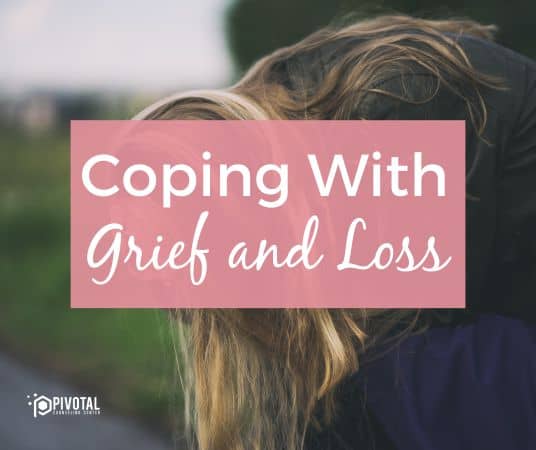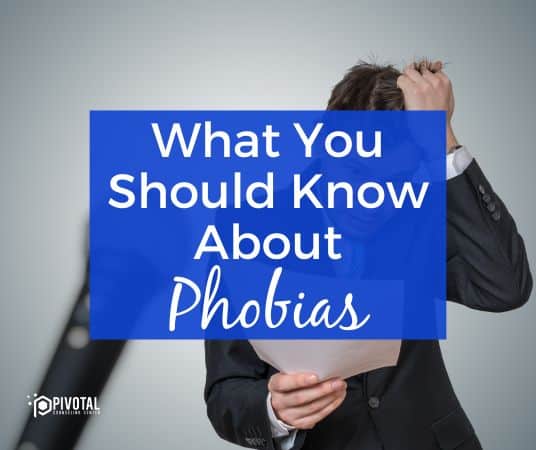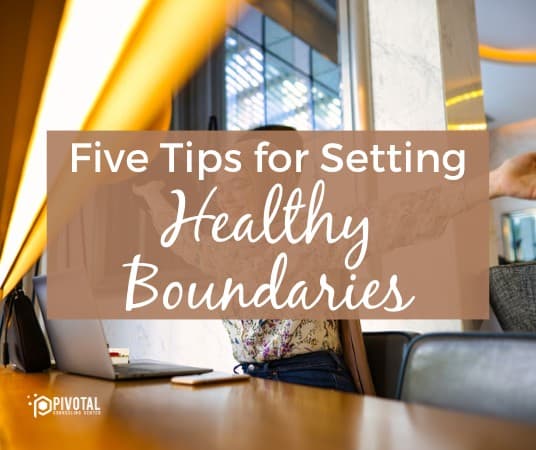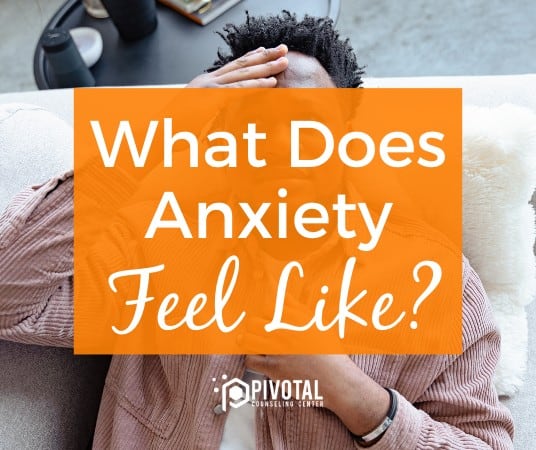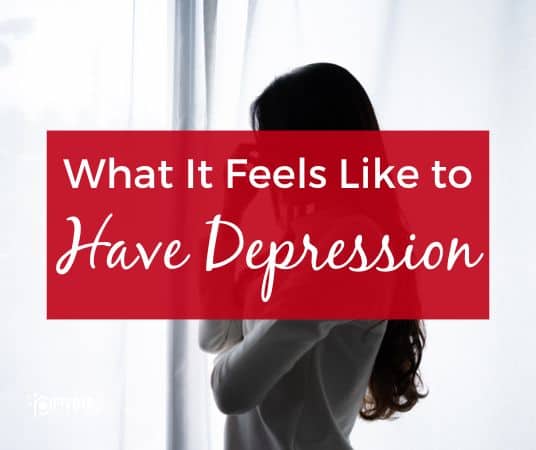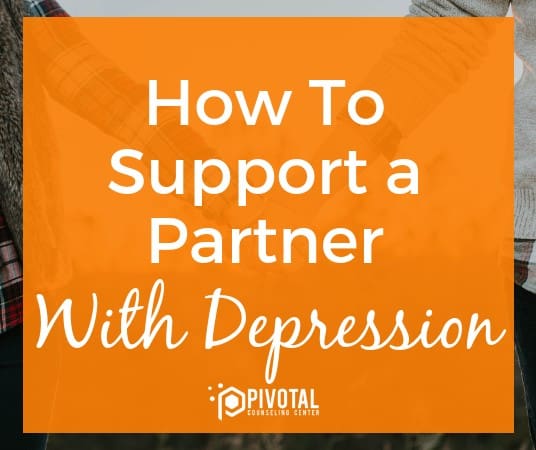
Did you know that May is Mental Health Awareness Month in the United States? There is still so much stigma around mental health issues, and this month gives us an opportunity to learn more about mental health and support the people in our lives who need it. In this post, we’re talking about how best to support a partner with depression.
You’re probably aware of your partner’s mental health struggles, but you may not be aware of the best way to support them day in and day out. Watching your partner struggle with their mental health can feel helpless and isolating, but there are some things you can do to be there for your partner.
According to the Mayo Clinic, “Depression is a mood disorder that causes a persistent feeling of sadness and loss of interest. Also called major depressive disorder or clinical depression, it affects how you feel, think and behave and can lead to a variety of emotional and physical problems. You may have trouble doing normal day-to-day activities, and sometimes you may feel as if life isn’t worth living.”
It’s important to keep in mind that it’s not within your power or responsibility to cure your partner’s depression, but you can do the work to support them so they’re not alone. Here are 5 ways to support your partner with depression:
Understand what depression looks like for them
Most of us understand that depression involves prolonged sadness and hopelessness. However, there are some other symptoms of depression that you may not be as familiar with. Other symptoms can include sudden bursts of anger, withdrawal from social activities, sleep issues (trouble sleeping or sleeping too much), difficulty with decision making, changes in appetite, changes in their sex drive, feeling misunderstood, and increased fatigue, among others. Your partner may have good days and bad days, with no easy to follow pattern.
Talk with your partner (when they’re feeling up to it) to see what their experience of depression is like. Understanding how depression shows up in their particular experience can help you prepare for how to deal when the time comes.
Listen more than you talk
This is a good general rule of thumb, but it also applies to supporting someone with depression. Your partner has probably tried numerous things to help alleviate their depression, and while your instinct to problem-solve comes from a good place, what they need most is to know that someone is on their side. Hold their hand, give them hugs, sit with them and be there for them. They may not even want to talk, but having you nearby can bring comfort.
Don’t patronize them
Your partner may not have the same energy level they used to, but that doesn’t mean they need you to do things for them. If you take it upon yourself to do everything for your partner, they may feel as though they’re being babied or that you don’t think they’re capable of doing things. They may need some help or a different timeline than you’re used to, but they can still do things.
Depression can be a long and hard road for you and for your partner. It may seem like there is nothing big to get excited about and celebrate when your partner is in a depressive episode, but you can always get creative. Tell them how proud you are of them for facing this, sincerely and without condescension.
Make an effort to include them
Your partner may not have the energy or desire to go out and participate in activities they normally do but extend an invitation anyway. Even if you think they don’t want to do something, let them know that they are welcome. Knowing that they aren’t as isolated as they feel can bring an enormous sense of comfort.
Know when to call in extra help
We are not all equipped to deal with mental health issues on our own. If your partner has been experiencing a bout of depression with no relief, it may be time to call in extra help. They should make an appointment with their primary care physician and/or a therapist who can help provide them with the next level of care.
Reassure your partner that there is nothing wrong with seeking medical attention and that mental illness is like any other illness that requires treatment. There is so much stigma attached to mental illness that even if your partner knows rationally that there is nothing wrong with getting help, they may need to hear this from you anyway.
If you believe your partner is in danger of hurting themselves or someone else, call 911 immediately. You can call the National Suicide Prevention Lifeline 24/7 at 1-800-273-8255.
Having a partner with depression can be a confusing and lonely time for both of you. However, communication and empathy can go a long way to helping your partner feel supported during a difficult time.

